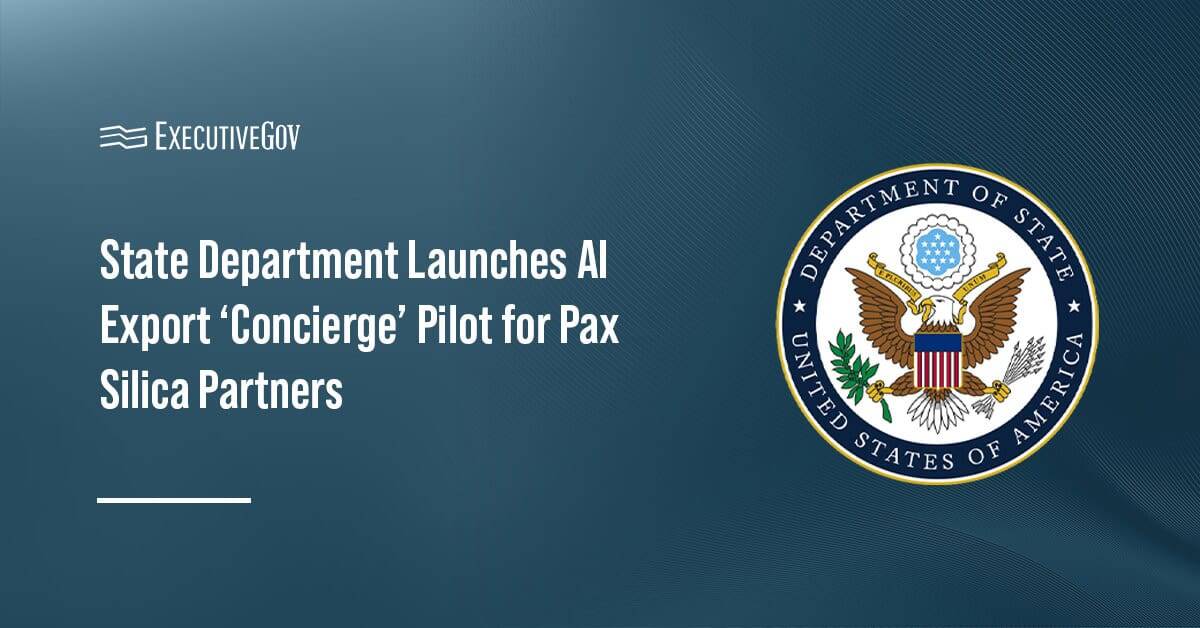
Rep. Katie Porter, D-Calif., has introduced a bill that aims to regulate the authority of federal officials who are holding their roles on an acting basis.
The Accountability for Acting Officials Act aims to define the requirements and limits of acting-basis officials who have not yet received Senate confirmation for the role, Porter's office said Friday.
The legislation also seeks increased transparency in the activities of these officials, and would impose more requirements relevant to specific roles. Acting officials would only be given up to 120 days of authority for the given role if the bill is passed.
“The current crisis highlights how important it is that government leaders are qualified and answer to the American people,” Porter said.
Some large federal agencies and departments have been reliant on acting-basis leadership amid the COVID-19 pandemic.





